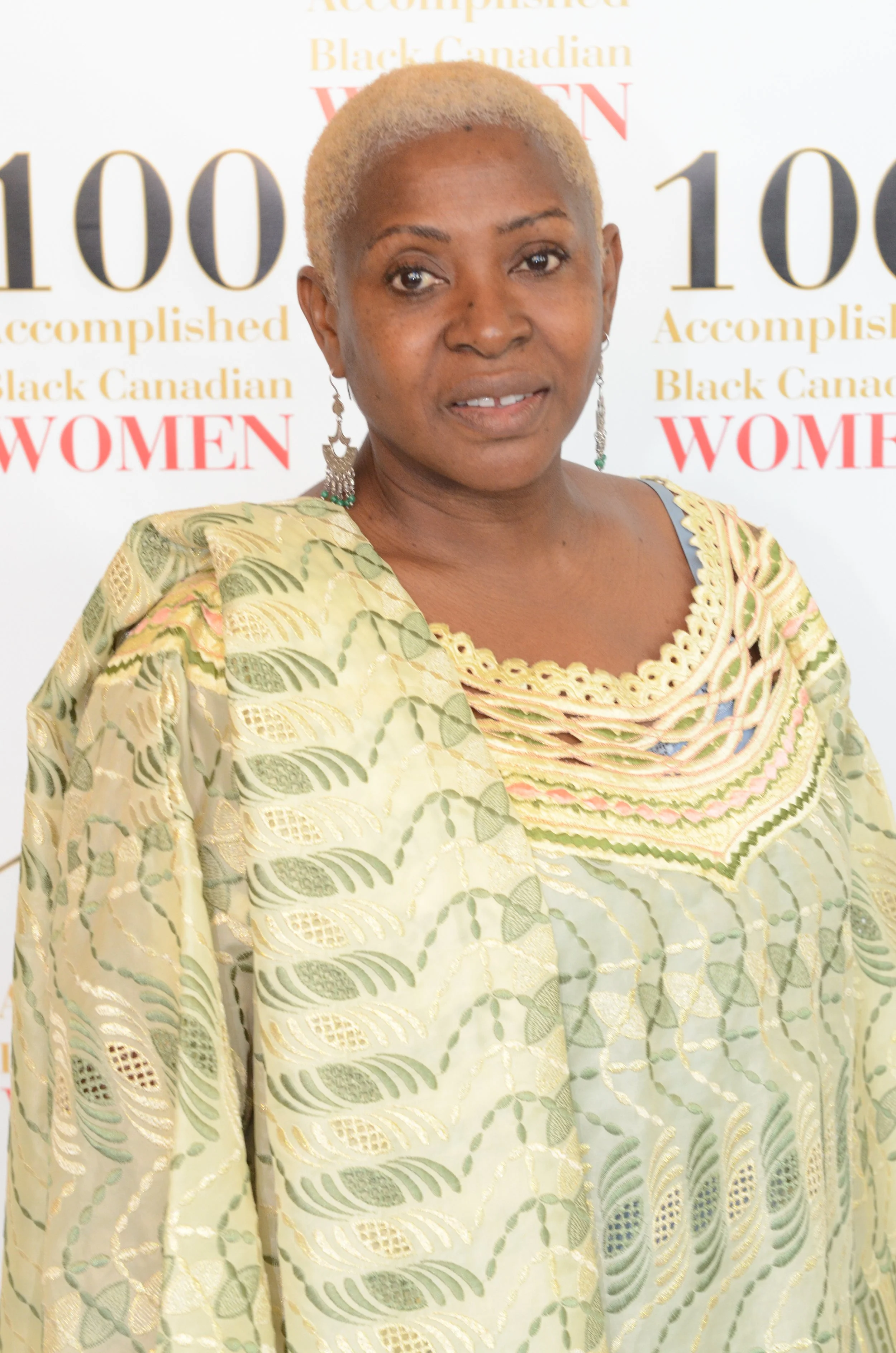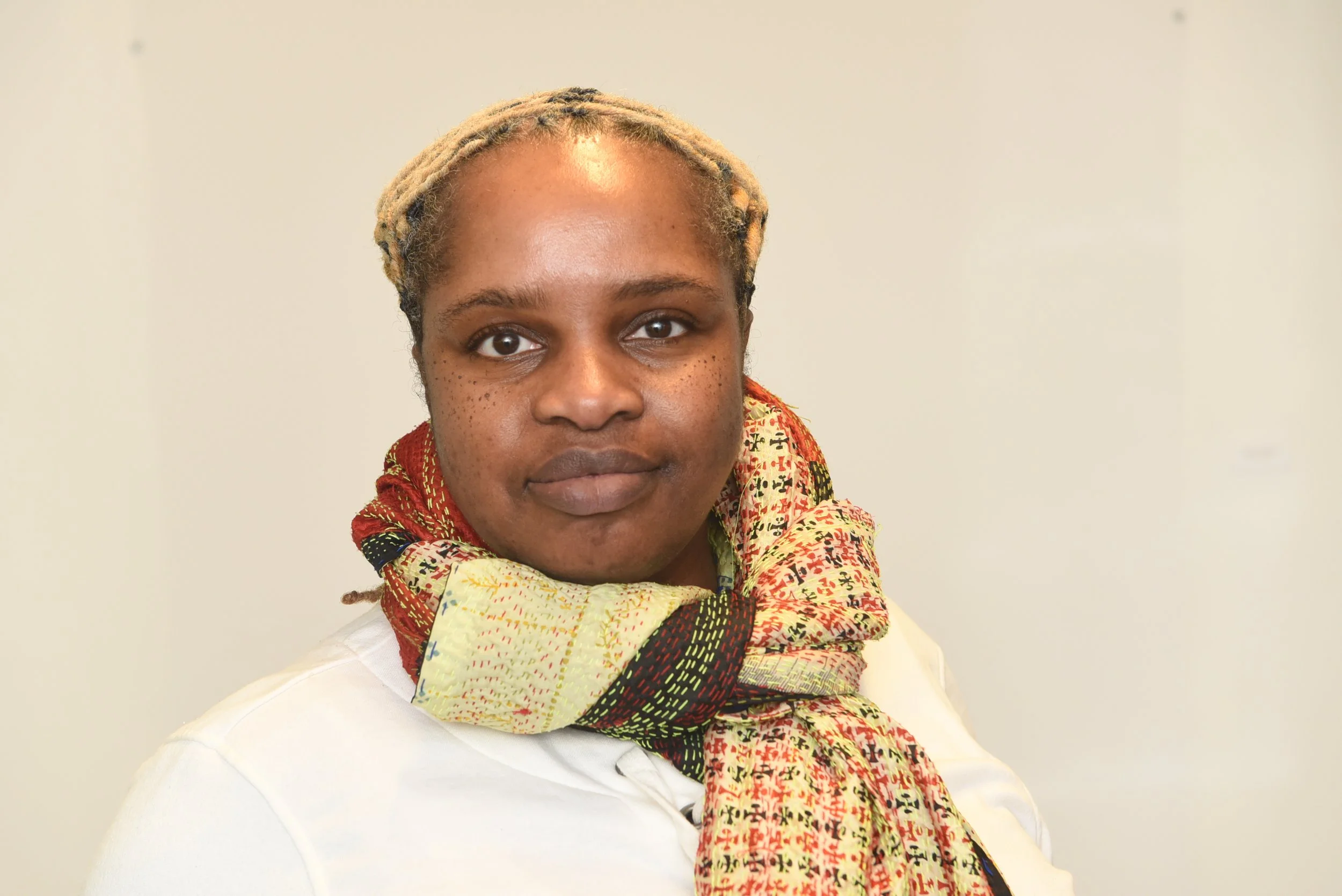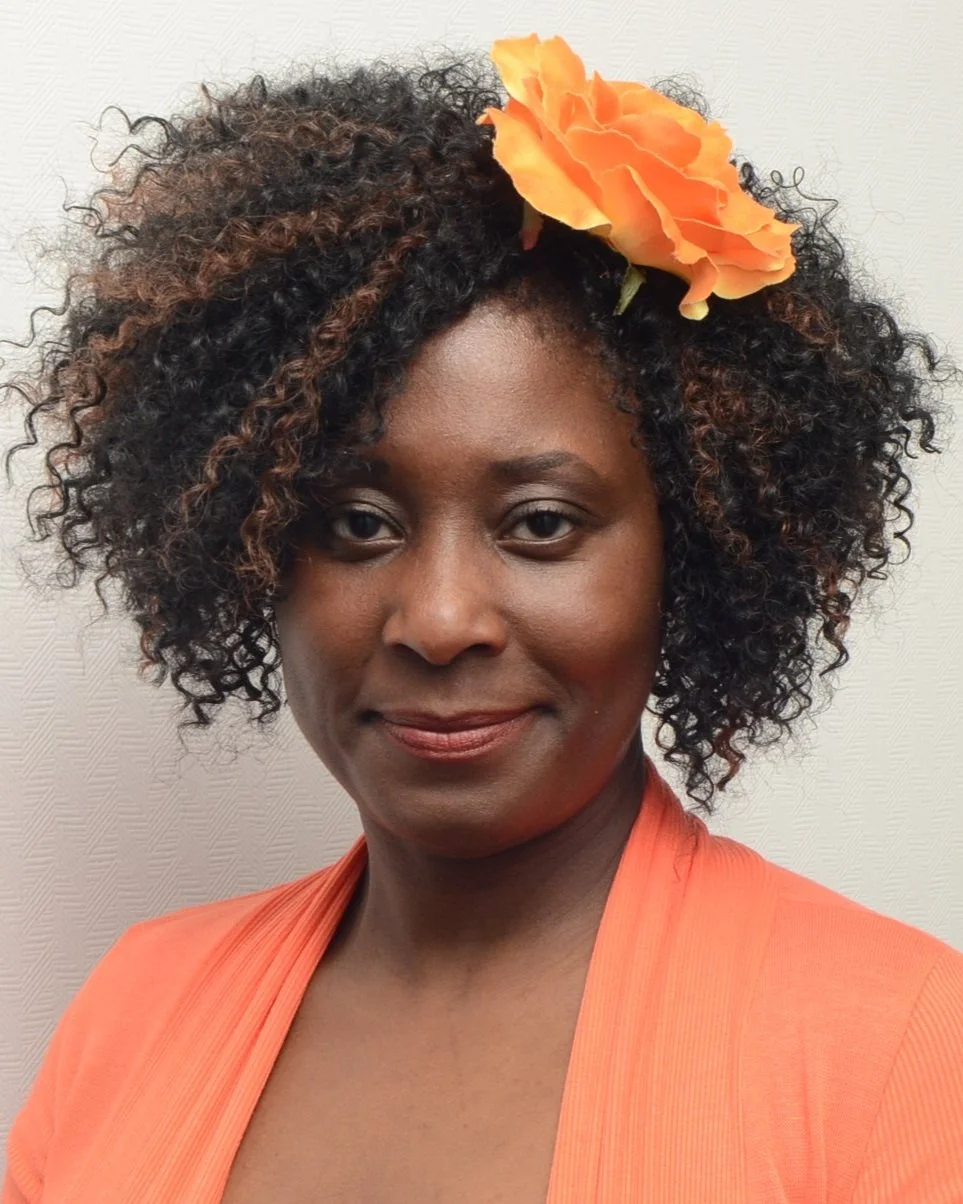David Divine leads off James Robinson Johnston Chair 25th anniversary celebration
February 14, 2022
For the James Robinson Johnston (JRJ) Chair in Black Canadian Studies to be more relevant, issues that are being discussed in public need to be addressed.
Case in point.
Former chair holder David Divine believes more needs to be done to make Black immigrants to Nova Scotia feel welcomed and accepted.
“Somehow, they feel they are not being acknowledged in terms of their histories, cultures, ethnicities and origins,” he said at a virtual lecture and conversation to mark the Chair’s 25th anniversary. “It seems as if sometimes, and even in government circles, there’s a feeling that African Nova Scotians means X. That means those new immigrants who are from ‘away’ are somehow not African Nova Scotians. That does need to be looked and dealt with sensitively.”
Connecting with African Nova Scotians and learning from them, noted Divine, were key ingredients of his five-year tenure that ended in 2009.
“I was a physical and active presence,” he said. “I reached out to connect and learn. I wanted those individuals to inform me as to what the priorities should be of the Chair and what the vision should be. Of course, I had my own ideas, wishes, academic skills and talents, but they all had to be moulded into what the community wanted from the Chair. I wanted to know from them what they wanted and they responded. They helped me shape a vision of the Chair.”
Divine said that while it was important for the community that the Chair focus on African Nova Scotians, they wanted its reach to be extended to the rest of the Black communities across Canada and internationally.
“They wanted to know what the connections were between them and others,” he said. “So the expanding of the awareness was significant and that was my trigger to act. Building on what was wanted through my connections and learning and being with the communities of African Nova Scotians, I was able to forge the vision and the strategies to put that into some action. The making of connections between ourselves as Black people of descent and other marginalized communities is also important because we are all dependent on one another.”
During his tenure, Divine assisted in acquiring nearly $3.8 million in grant funding and planned several conferences, including ‘Multiple Lenses: Voices from the Diaspora’ that acknowledged the 400-year anniversary of the first recorded presence of a Black person – Mathieu Da Costa in 1605 – on Canadian soil.
Born to a White single woman and a Black American serviceman stationed in Scotland in 1953, Divine spent his entire childhood and youth in the care of the Scottish state.
“An abortive attempt at rehabilitation with my mother proved disastrous,” he said. “I was homeless, rejected and ousted as an embarrassment because of my colour. Part of this displacement, this ousting from family at three months of age, incrementally created an independence of thought and action as I was growing up and ways of functioning that enabled me to forge a way through life open to ways of seeing, understanding and doing. I had to develop thoughtful awareness and ways of conducting myself and assessing what risks I was willing to make in pursuit of such courses. At times, I wasn’t strong enough to do what I initially wished, but I knew why I was not going there. The risk was too great.”
Divine determined at an early age that education was going to be the tool to transform his circumstances of origin.
Qualifying as a social worker in 1978, he served as a Social Services Director and ran a consultancy firm specializing in social work, housing and community health before being headhunted for the JRJ Chair after speaking at a conference at Dalhousie.
Midway through his tenure while leaving the gym in preparation to take part in the Great Wall of China marathon, Divine was hit while walking on a sidewalk by a speeding out-of-control car. Suffering a severe brain injury and several broken bones and joint tears, he slipped into a coma and was hospitalized for three months. He had to relearn how to speak, read and walk.
He acknowledged the support he and his family received from African Nova Scotian and other diverse community members in the province while he recovered from the serious accident.
During the latter part of his recovery, Divine – he knew only 15 of the nearly 500 guests that were at his wedding in 1984 -- explored his birth family members’ history.
After visiting his mother’s gravesite in Ireland, he went to South Carolina to meet with his late father’s relatives. DNA testing proved that he belonged to the family.
“This is part of being authentic and you finding out about yourself, knowing yourself, acknowledging yourself and celebrating yourself,” he said.
Divine, who was the Nova Scotia Home for Coloured Children Restorative Inquiry Co-ordinating Director, started a life coaching company six years ago and is writing his autobiography.
In 1991, Dalhousie became the first Canadian university to set up a dedicated academic position focused on Black Canadian Studies.
Developing and advancing the field of Blackness through research to produce significant scholarship, national networks and teaching to establish bridges and connections between academia and African Nova Scotian communities is the main goal.
Inaugural Chair Dr. Esmeralda Thornhill (Photo by Ron Fanfair)
The Chair is unique in that each six-year non-renewable appointment is in a different faculty and academic unit.
Dr. Afua Cooper was the third Chair (Photo by Ron Fanfair)
Twenty-five years ago, lawyer and linguist Esmeralda Thornill was installed as the inaugural Chair in the Faculty of Law. Divine (School of Social Work), Afua Cooper (Department of Sociology & Social Anthropology) and current Chair OmiSoore Dryden (Faculty of Medicine’s Department of Community Health & Epidemiology) have followed.
“It is important to recognize just how influential the Johnston Chairs have been in helping to develop the field of Black Studies in Canada,” said Dryden who has planned a series of events to mark the landmark quarter-century.
Dr. OmiSoore Dryden is the current James Robinson Johnston Chair (Photo by Ron Fanfair)
Johnston was the first Nova Scotian of African descent to earn a degree from Dalhousie University in 1896 and the first Black lawyer to practice in the province. He died in 1915 just days before his 39th birthday.









